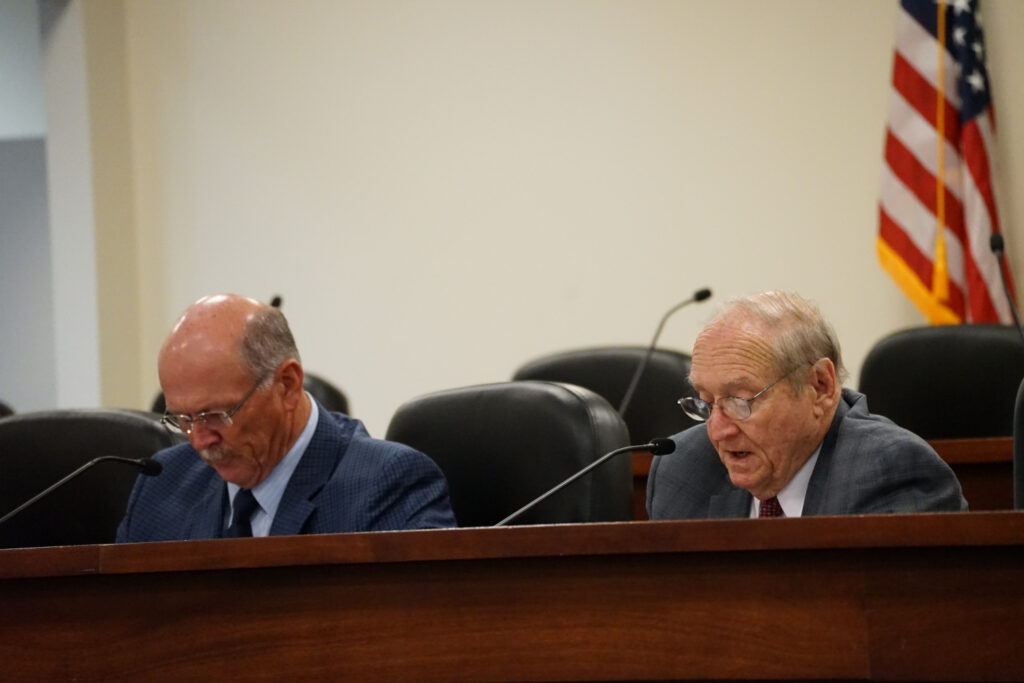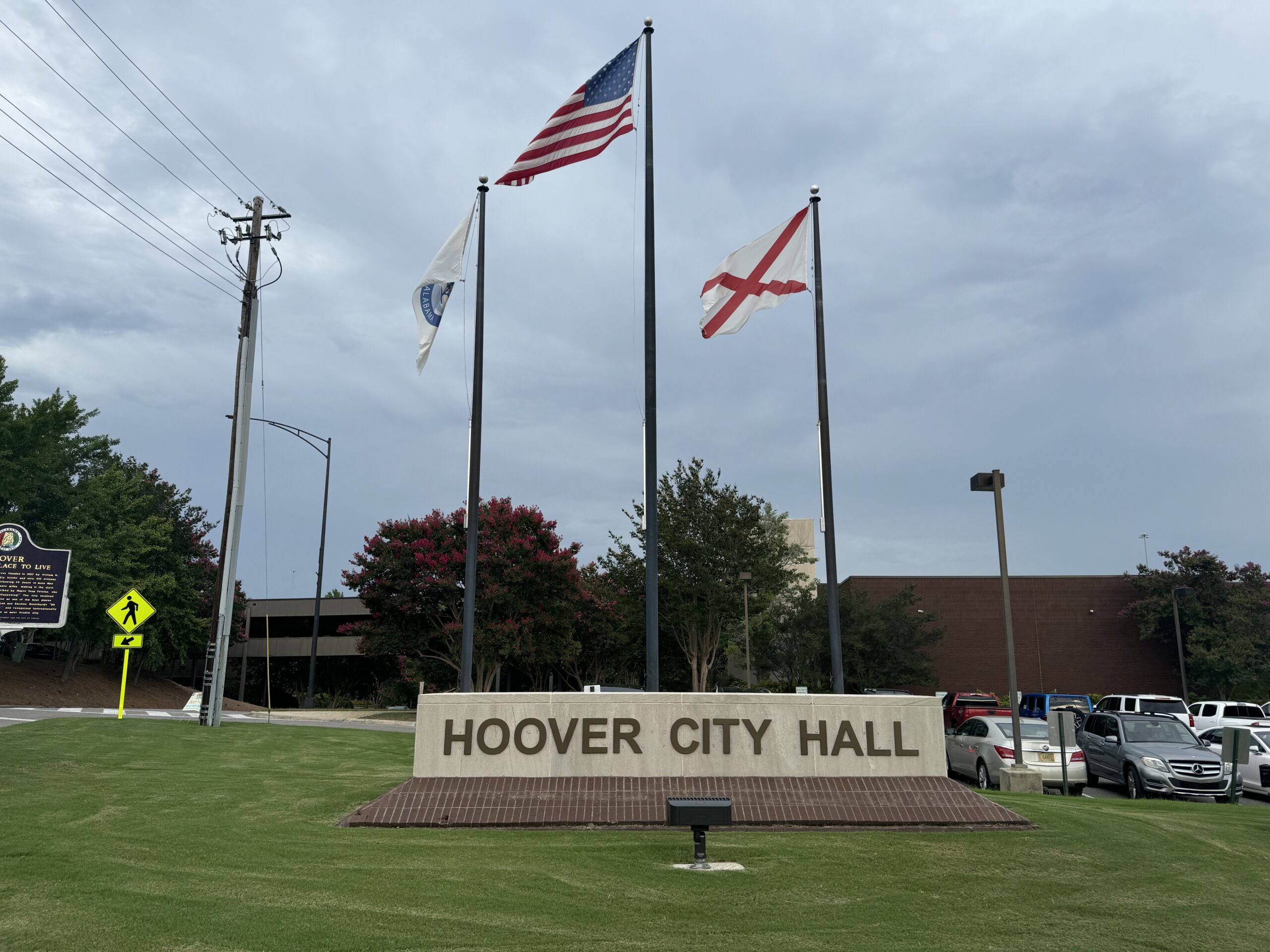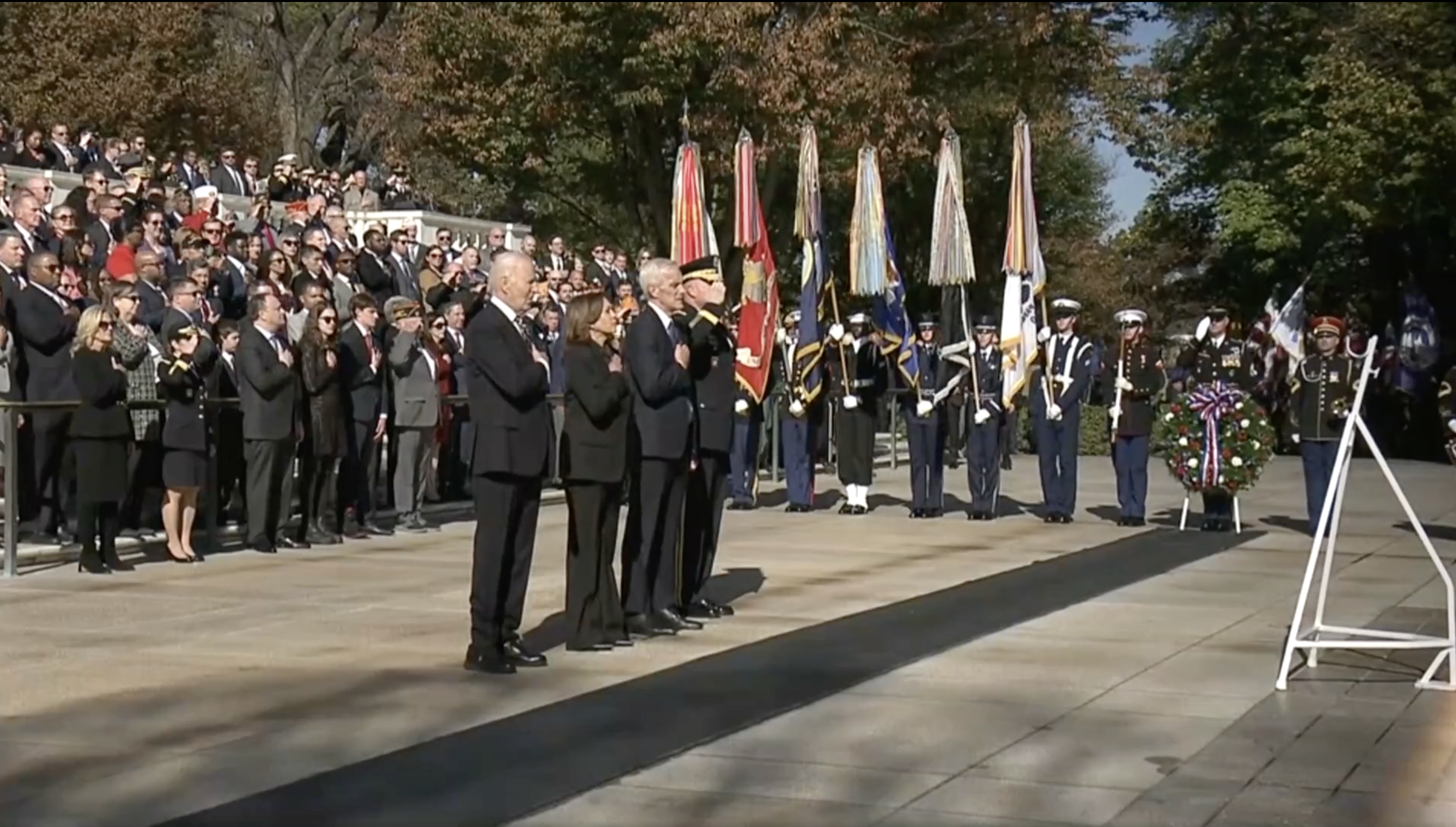Alander Rocha, Alabama Reflector
All 90 applicants for commercial medical cannabis licenses are back in the running after the Alabama Medical Cannabis Commission (AMCC) Thursday reset the license process.
The AMCC rescinded all awarded licenses and denials from an Aug. 10 meeting, setting the stage for a third round of license grants under rules adopted at a commission meeting on Oct. 12.
“We decided to start all over as far as the award,” said Rex Vaughn, the chair of the AMCC, after the meeting. “It doesn’t matter if [uncontested in court] or not, they’ll all be taken into consideration after the presentations.
The new procedures will allow commissioners to use the previous scores to decide on awards, but Vaughn, speaking from a prepared statement during the meeting Thursday, repeatedly stated the commissioners had full discretion “when evaluating the suitability of all 90 applicants.”
The new rules also give applicants an opportunity to contest deficiencies identified in their application and their score results. Presentations will be open to the public. Applicants can also respond to preliminary pass/fail and submit application material that were not previously filed due to the file size limitation.
Nov. 27 – Cultivator and State Testing Laboratory Applicants
Nov. 28 – Secure Transporter and Processor Applicants
Nov. 29 – Dispensary Applicants
Dec. 4 – 8 – Integrated Facility Applicants
Will Somerville, an attorney representing Alabama Always, a company that has sued the commission after being denied licenses in previous rounds, sent a letter to the commission Wednesday urging it to throw out the scores provided by the University of South Alabama earlier this year.
“If the scores remain, or if they are considered in any way, the scores will be used by applicants who are not awarded a license to attack the award winners,” Somerville wrote. “The reality is that this process will, regrettably, be subject to unending litigation if the Commission continues to use the scores.”
After the Thursday meeting, Vaughn said that he felt confident that the licensing process is in better shape now that issues have been addressed. Litigation, he said, will be part of the commission’s work.
“Litigation will be ongoing. We know that. That’s just going to be part of our lives on the commission for the foreseeable future,” Vaughn said.
Vaughn also addressed how the commission will conduct site inspections, a point of contention with companies that have argued in court that the AMCC did not inspect sites before awarding licenses.
Under state law, inspections must be completed before licenses are issued, but the commission is not required to inspect them before. Vaughn said that inspections will occur between the time licenses are awarded and when they are issued, about a month’s time.
“We have inspectors lined up, investigators ready to do their work, but we have to get to the point of issuing the license,” he said.
The commission will begin accepting public comments for or against particular applicants on Friday. Comments must be made electronically through the AMCC website by Nov. 26.
Antoine Mordican, CEO of Native Black Cultivation, a hemp company that wants to move into medical cannabis cultivation, said that he’s happy to learn the direction the commission is going in. The commission should have the final say on how they award the licenses, not a third-party evaluator.
“For them to be able to pull everything back and to be able to look at everything again — even with the potential of them not considering the license —because ultimately the commission has the last final say, in which that should always have been the case,” Mordican said.
Aretha Dix, a former Alabama Medical Cannabis Study Commission member who was denied a dispensary license, said she was excited to show the commission “what she stands for.”
“I feel like it’s now fair. It’s officially fair,” she said. “I think it’s how it should have been initially, but I’m excited that we get a chance to say ‘Hey, this is who we are.’”
She said that she’s been patient through the process, and she understands that before patients can have something in place, the process had to be ironed out first. But she didn’t expect her application to be scored as it was.
“I knew my intentions. I came in with honesty and transparency. Most importantly, with the desire to really make a difference and make a change for the citizens of the state,” she said.
Alabama Reflector is part of States Newsroom, a network of news bureaus supported by grants and a coalition of donors as a 501c(3) public charity. Follow Alabama Reflector on Facebook and Twitter.
Related
Share via:













